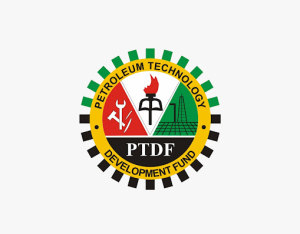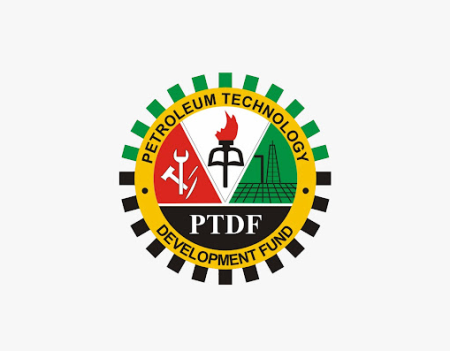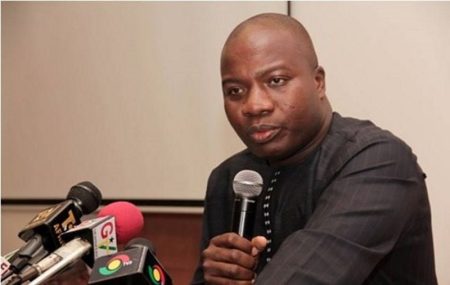The 2024 Report of the Auditor-General on the Public Accounts of Ghana reveals a deeply concerning escalation of financial irregularities within public boards, corporations, and statutory institutions. The reported irregularities reached a staggering GH¢18.4 billion (including US$763.97 million converted at the prevailing exchange rate), marking a dramatic 109% increase from the GH¢8.8 billion recorded in 2023. This stark rise signifies a significant erosion of financial discipline and accountability within the public sector, raising serious questions about governance and oversight mechanisms. The sheer magnitude of the misappropriated funds highlights the urgent need for comprehensive reforms and stringent enforcement of existing regulations to stem this tide of financial mismanagement.
A detailed breakdown of the irregularities reveals a pattern of persistent issues plaguing Ghana’s public institutions. Outstanding debts and loans constituted the largest portion, accumulating to GH¢12.5 billion. This indicates a widespread failure in debt recovery and management, potentially exposing the government to significant financial risks. Cash irregularities, the second largest category, amounted to GH¢4.5 billion, pointing to weaknesses in internal controls and cash handling procedures. Procurement breaches also contributed significantly to the overall figure, reflecting a lack of transparency and adherence to procurement regulations. These persistent challenges underscore the systemic nature of the problem, requiring a multi-pronged approach to address the root causes and prevent future occurrences.
The Auditor-General’s report classifies the irregularities into “recoverable” and “administrative” lapses, offering a glimmer of hope for recouping a significant portion of the misappropriated funds. Approximately GH¢15.6 billion (84.57%) of the total irregularities are deemed recoverable, signifying that with diligent follow-up and enforcement, these funds could be returned to the public coffers. The remaining GH¢2.8 billion (15.43%) is categorized as administrative lapses, indicating procedural errors and weaknesses in internal controls that need to be addressed to prevent future occurrences. The categorization emphasizes the importance of swift and decisive action by the relevant authorities to pursue recovery efforts and implement corrective measures within the affected institutions.
The persistent and escalating nature of these financial irregularities, as highlighted by a comparative analysis spanning from 2020 to 2024, underscores a deeply ingrained culture of impunity and lack of accountability within Ghana’s public sector. Year after year, the Auditor-General’s reports reveal similar patterns of mismanagement, indicating that recommendations from previous reports are not being effectively implemented. This cycle of mismanagement and inaction erodes public trust and undermines the country’s economic stability. The lack of consequences for those responsible creates a permissive environment where financial irregularities are seen as acceptable risks, perpetuating the cycle.
The Auditor-General’s call for urgent action is a stark reminder of the gravity of the situation. The report emphasizes that failure to enforce accountability will have severe consequences for the nation’s economic well-being. Continued financial mismanagement diverts scarce resources from essential public services, hinders economic development, and undermines investor confidence. It also fuels public discontent and erodes trust in government institutions. Addressing this issue requires a comprehensive approach that includes strengthening internal controls, enhancing oversight mechanisms, promoting transparency, and ensuring that those responsible for financial misconduct are held accountable.
Moving forward, implementing the Auditor-General’s recommendations and strengthening institutional frameworks are crucial steps towards restoring financial discipline and accountability. This requires a concerted effort from all stakeholders, including Parliament, the executive branch, civil society organizations, and the media. Parliament must prioritize the review and implementation of the Auditor-General’s report, holding public officials accountable for their actions. The executive branch needs to strengthen internal control systems, enforce existing regulations, and promote a culture of transparency and accountability within public institutions. Civil society organizations and the media play a vital role in holding the government accountable and advocating for greater transparency in public finances. A collective commitment to good governance and financial prudence is essential to safeguard public resources and ensure the sustainable development of Ghana.














